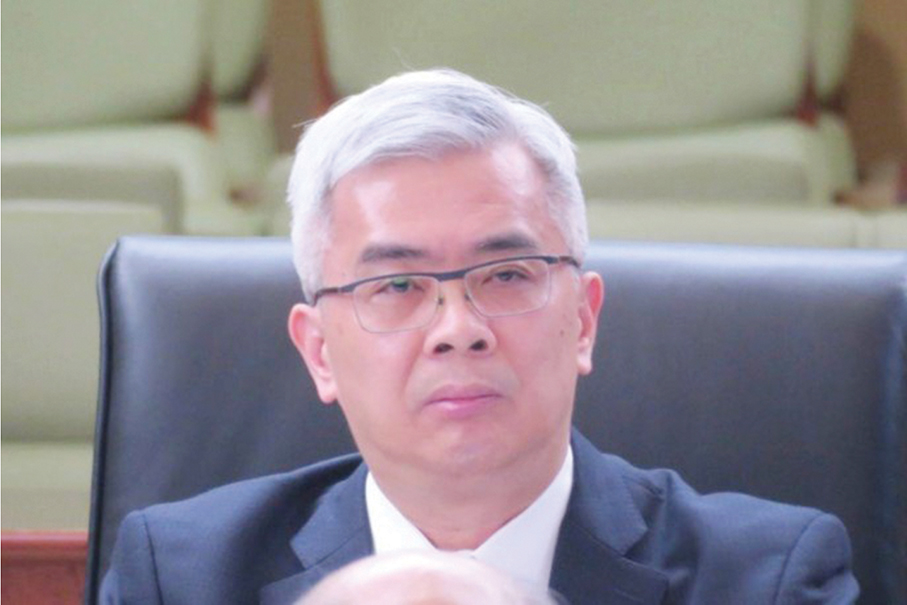The Legislative Assembly (AL) yesterday unanimously passed a government-initiated amendment bill which adds 15 substances to Macau’s anti-drug law, which are also subject to international control.
The current anti-drug law was enacted in 2009. The law is officially known as the Law on the Prohibition of the Illicit Production, Trafficking and Consumption of Narcotic Drugs and Psychotropic Substances.
As the government had requested an urgent procedure for the debate and vote of the bill, it was not arranged for review by any of the legislature’s standing committees before its final article-by-article debate and vote. Therefore, after the outline of the bill was passed in yesterday’s plenary session, its final article-by-article debate and vote were immediately carried out. The lawmakers unanimously passed the bill article-by-article.
Secretary for Security Wong Sio Chak introduced the outline of the bill during yesterday’s plenary session in the legislature’s hemicycle.
Wong noted that the new law lists an additional 15 substances, including 12 types of narcotics and psychotropic substances, 3 types of substances used as “precursors” to manufacture drugs, and a non-internationally listed substance, ketamine, is included in the regulation.
The mainland had listed ketamine as a narcotic and psychotropic substance in the law as early as 2013, but Hong Kong has yet to do so, the statement said.
According to the US Drug Enforcement Administration, ketamine is a dissociative anaesthetic that has some hallucinogenic effects. Ketamine distorts the perception of sight and sound and makes the user feel disconnected and not in control. It is also used as a treatment for depression, a pain management tool, and as a recreational drug.
During yesterday’s plenary session, some lawmakers focused on the fact that the government did not carry out an amendment to include the latest international conventions concerning narcotic drugs and psychotropic substances in the law.
Wong said that the local government is taking joint action with the hotel industry in preventing and combating drug-related crimes, as currently most drug crimes are committed by visitors, adding that in the past few years, the number of drug cases has decreased due to the COVID-19 pandemic, and the number of drug cases is, relatively speaking, under control.
The bill passed yesterday will take effect on the day after its promulgation in the Official Gazette (BO) in the near future.

Secretary for Security Wong Sio Chak speaks during yesterday’s plenary session in the legislature’s hemicycle. – Photo courtesy of TDM





